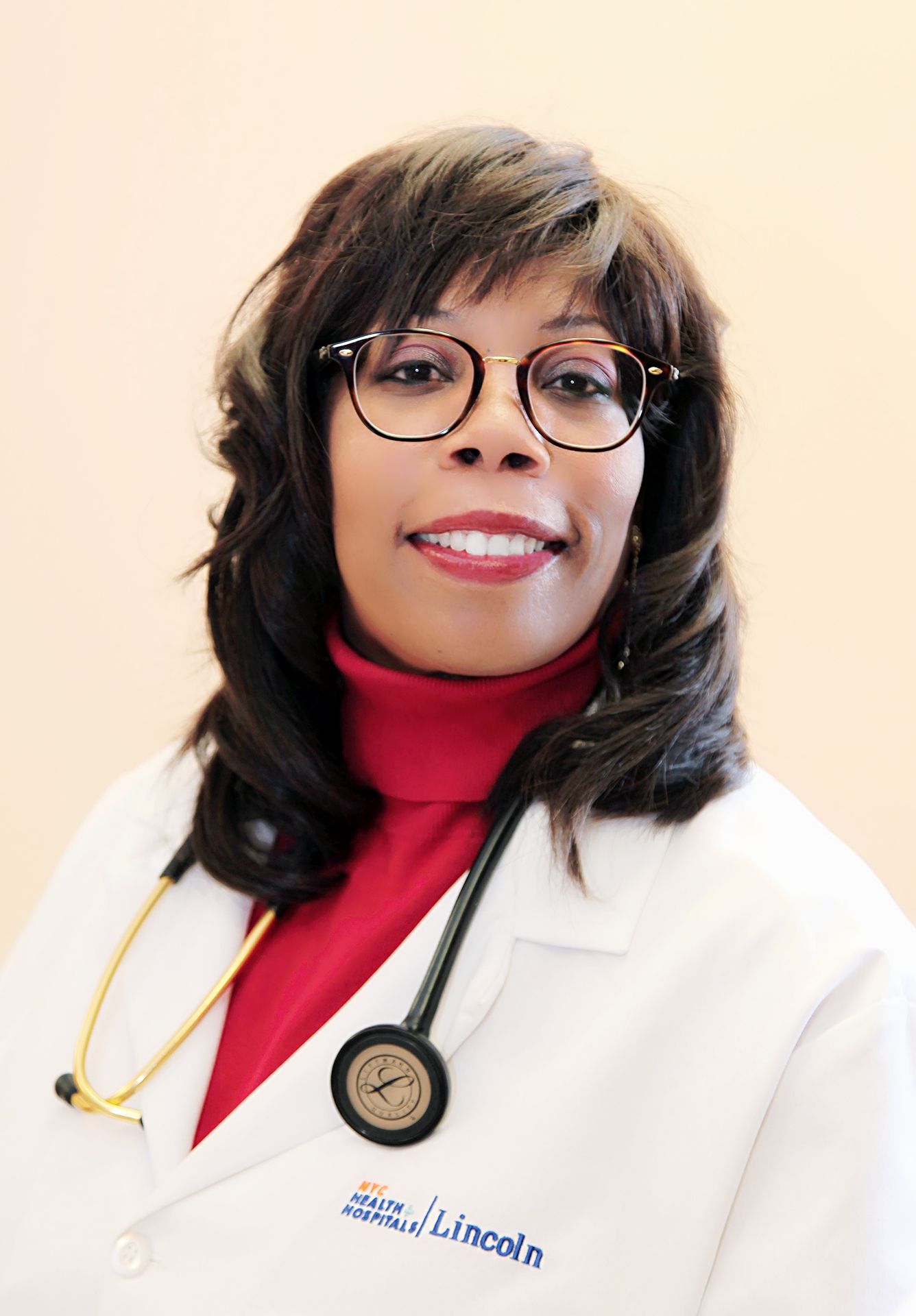If you are soon-to-be pregnant, it is never too early to start preparing your body, your home and your mind. Pre-conception health is important to attend to, but so is the mother’s health during and after pregnancy. A few tips can breakdown how to make good health decisions for the mother that could play a key role in health of the fetus.
No. 1 How is the role of Vitamin D unique while pregnant?
With at least 80% of pregnant women being deficient in Vitamin D, it is vital that all pregnant women know the importance of having the adequate levels. GrassrootsHealth has conducted studies showing when a vitamin D level of 40-60 ng/ml is achieved, there is a 40-60% reduction in pre-term births. I serve on the scientific advisory council for Organic & Natural Health Association, which is a nonprofit trade association that has worked in conjunction with GrassrootsHealth on informing the public of their research. Furthermore, Organic and Natural Health Association has petitioned the Food and Drug Administration to permit dietary supplements containing vitamin D to provide a health claim concerning the association between vitamin D and a preterm birth based on numerous studies. The FDA rejected the petition, but their conclusion allows language on their labels that supports healthy pregnancies and promotes full-term births as a structure/function claim. This labeling helps to provide clarity to the consumer, especially those who are pregnant about one of the most inexpensive solutions for reducing pre-term births.
No. 2 Alcohol warnings during and after pregnancy
Alcohol should be avoided completely while pregnant because it can move across the placenta and be toxic to the developing fetus. Prenatal exposure to alcohol is the leading preventable cause of birth defects in the United States. Mothers should also be cautious about alcohol while breastfeeding. Although the alcohol does not transfer straight into the breast milk, it is important to be cautious and stay as pure as possible because of the baby brain’s rapid development in the first year of life.
No. 3 Eating Well During Pregnancy
It is important that you consult your physician before trying any specific meal plans if you are pregnant. During your second and third trimester, it is recommended that your meals are on average 400 calories more than those of a non-pregnant woman.
No. 4 Veganism and Pregnancy
If you currently live a vegan lifestyle, you may be concerned about how that could affect your child. The vegan diet can be healthy for both adults and children; however, the key is ensuring you and your child are receiving the right nutrients. Those who do not include meat or animal by-products in their diets tend to be deficient in Vitamin D, B12, iron, iodine, zinc and calcium. This is because these nutrients are restricted to certain sources which tend to be harder for the body to absorb because of how they are bound to plant fibers. To ensure your child is receiving adequate amounts of nutrients, physicians generally advise vegan mothers to breastfeed over a year, which is a little longer than non-vegan mothers.
No. 5 Share with Care
You may be wondering if your child should have mom’s milk only? While not all mothers can produce their own milk, there is a way to provide access to pasteurized donor human milk, if moms choose. While sharing breastmilk has a sigma to some, it has been done through mothers breastfeeding the baby of another throughout human history. The use of milk banks and “wet-nursing” are seen as equal alternatives when a mother’s own milk is unavailable according to the World Health Organization. The Human Milk Banking Association of North America accredits nonprofit milk bank across the U.S. and Canada to ensure upon donation that it is pooled, screened and tested and is logged and monitored while being dispensed to hospitals and outpatient families for infants in need.
If you are pregnant or soon-to-be pregnant, it can be very daunting to bring a child into the world when there are so many contradicting health facts about how to have a healthy pregnancy. Don’t allow headlines and social media to overwhelm you with fears. Instead make sure that you are communicating with your doctor so you can have a guide in navigating what is may be for you before, during and after your pregnancy.


